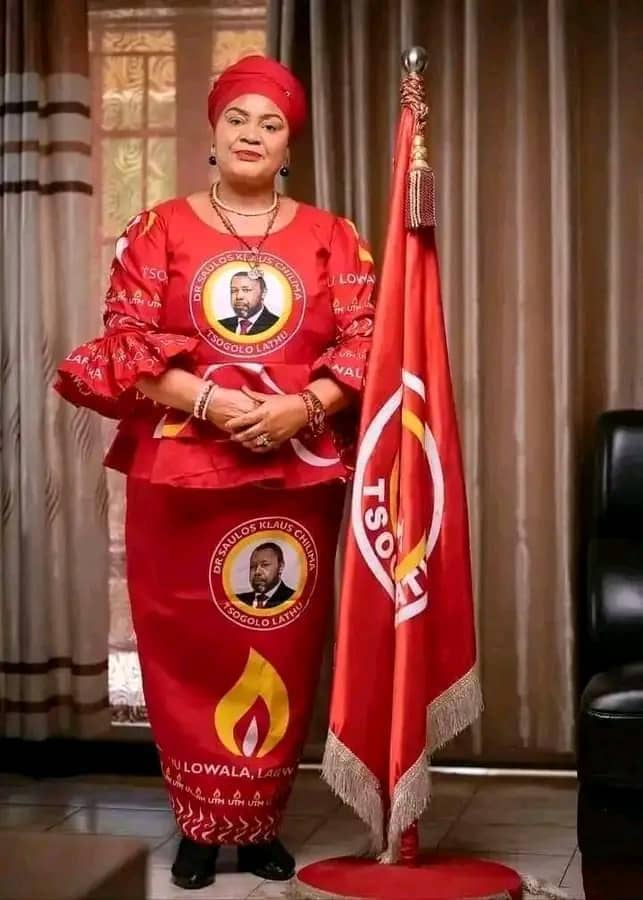By Burnett Munthali
The recent arrest and reported rights violations against a prominent Malawian woman have sparked public concern, but notable by its absence has been a strong response from women’s rights lobby groups. These organizations, which typically advocate for gender justice and speak against discrimination and abuse, have remained remarkably quiet on the matter, leaving many to question their commitment to supporting women facing state-led oppression.
Malawi has a vibrant network of women’s rights groups, known for vocal campaigns on issues like gender-based violence, equal rights, and social justice. However, their silence on the recent arrest and treatment of one of their own—an influential woman within Malawi’s political scene—has left a void. Many in the public are disappointed, expecting these groups to stand in solidarity and challenge any injustice, especially when it targets a woman.
Their silence could be interpreted in various ways: as hesitation to engage in politically charged cases, fear of government retaliation, or perhaps a lack of alignment with the individual’s political affiliations. Regardless, advocates argue that a rights violation against any woman warrants a unified response, free from political bias or selective advocacy.
Reports have surfaced alleging that the woman in question faced rights abuses, including being held beyond the 48-hour constitutional limit and having personal property confiscated without a court order. Such actions go against Malawi’s legal and constitutional protections. Women’s rights groups have, in the past, condemned similar cases involving human rights violations; however, their silence now suggests a possible double standard in their advocacy efforts.
Women’s rights defenders in Malawi have previously led campaigns challenging state actions that undermine women’s dignity, often championing the voices of those without representation. The absence of that same passion and urgency here may indicate a selective approach to justice, especially in cases where the individual holds a high-profile position.
Activists and members of the public are urging women’s rights lobby groups to adopt a non-partisan, non-selective approach in their advocacy. This moment presents an opportunity for these groups to reinforce their commitment to protecting all women’s rights without exception. Such an approach would strengthen public trust in their mission and ensure that the cause of gender justice remains above political lines.
Women’s rights organizations must stand firm in their mandate to protect and advocate for women, particularly in cases involving potential state-led rights violations. Their voices have the power to spotlight injustices and press for accountability—an essential role in any democracy.
By remaining silent, they risk undermining the credibility of their mission and eroding the solidarity needed to fight for equal rights for all women.




